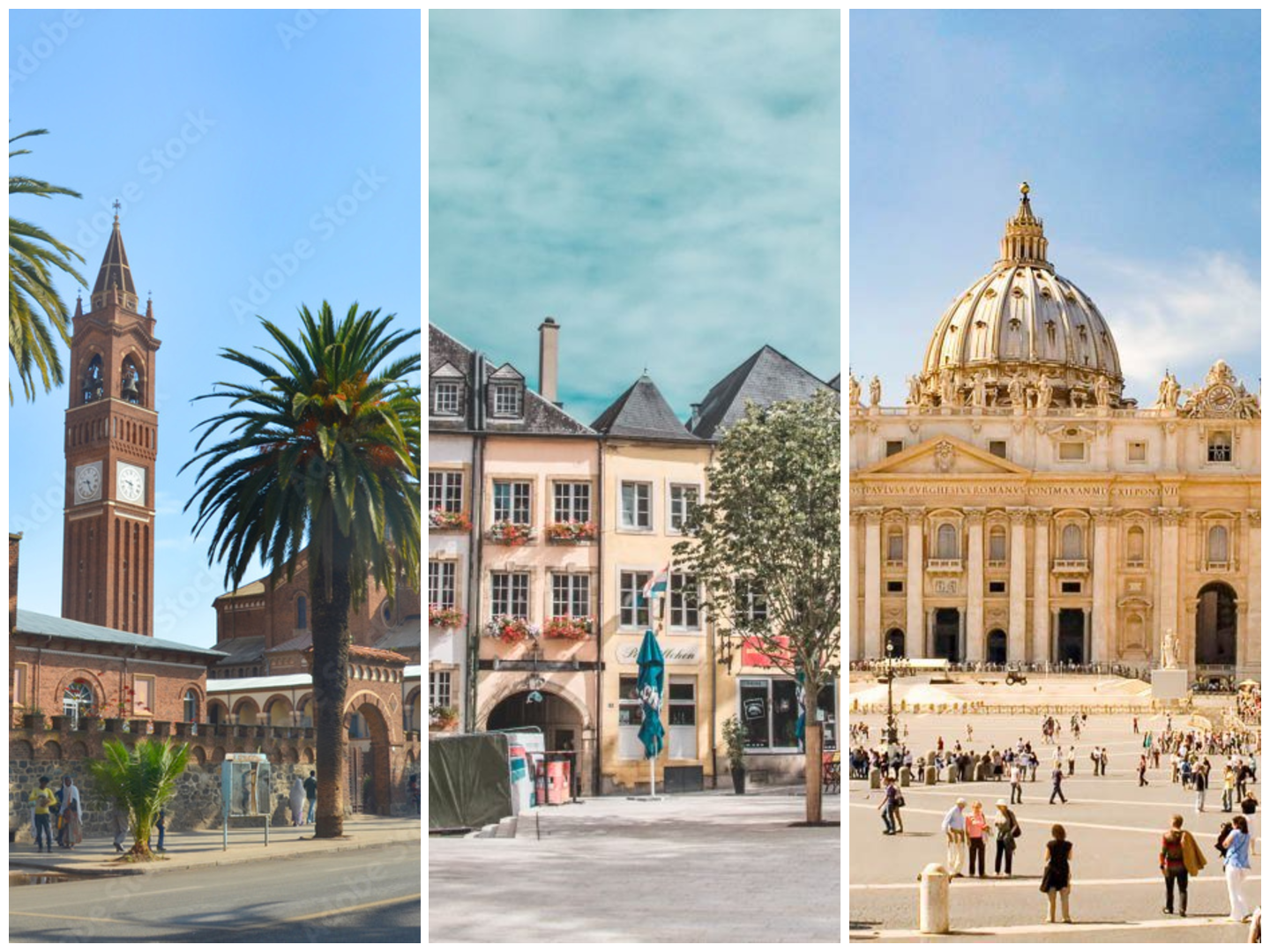
In a world where almost every nation prides itself on having at least one university to drive education, research, and innovation, there are rare exceptions.
Believe it or not, a handful of countries operate without a single registered university. Instead, they rely on alternative options for higher education. Every nation chooses its educational system’s principles according to its own standards.
In this sense, the educational options in various nations are different depending on their education structure. However, there are countries in the world with no registered universities, and their education systems differ significantly from those of other countries.
ALSO READ: 7 oldest universities in the World that are still running today
3 Countries Without Universities
1. Vatican City
Vatican City is the world’s smallest sovereign state, covering just 49 hectares and housing fewer than 1,000 residents. Vatican City is located in Rome, Italy, and is best known as the headquarters of the Catholic Church and the residence of the Pope.
Why No University Exists
-
Tiny Population & Size: With less than a thousand citizens and a mostly clerical population, there is no practical need for a full-fledged university.
-
Religious Structure: Education within Vatican borders primarily focuses on the priesthood and church administration, rather than general higher education.
-
Land & Security Limitations: Space constraints and strict border controls make large institutions impractical.
RELATED: Did you know the first ever university in the world was in Africa?
Despite not hosting a university, Vatican citizens are far from deprived of learning. The state is connected to over 15 Catholic universities in Rome, and the only educational institution within Vatican territory is the Ethiopian College, which trains seminarians from Africa for the priesthood.
2. Luxembourg
Luxembourg, one of Europe’s smallest and wealthiest nations, is situated between France, Germany, and Belgium. Covering 2,586 km² with a population of nearly 682,000, it is a modern financial hub with strong international ties.
Why No Traditional University Exists
-
Unique Education Model: Since 1912, Luxembourg has maintained a distinctive education system centred on specialised state-owned institutions rather than a single national university.
-
Multilingual Tradition: Students are trained in multiple languages (Luxembourgish, French, German, and often English), making it easy for them to pursue higher studies abroad.
-
European Integration: Luxembourg’s geographic and economic position allows seamless access to universities in neighbouring countries.
YOU MIGHT LIKE: 5 countries where you can attend university for free
Instead of a traditional university, Luxembourg operates several advanced institutes, including modern and classical lyceums and professional schools. These institutions prepare students to continue their studies in Europe or pursue specialised careers.
Honourable Mention
3. Eritrea
Eritrea, situated in the Horn of Africa and bordered by Sudan, Ethiopia, Djibouti, and the Red Sea, is a country with a population of approximately 3.7 million people. Unlike Vatican City and Luxembourg, Eritrea once had a functioning national university, the University of Asmara, established in 1958. For decades, it was the nation’s primary hub for higher education.
Why It No Longer Exists
In 2007, the Eritrean government closed the University of Asmara. The official reason was to decentralise higher education by establishing specialised colleges nationwide. These include:
RECOMMENDED: See the most expensive school in the world
-
Eritrea Institute of Technology (Mai Nefhi)
-
College of Health Sciences
-
College of Arts and Social Sciences
-
College of Business and Economics
While these colleges award degrees, Eritrea lacks a single unifying university, setting it apart from nearly every other African country.
RECENT: Bùjẹ̀búdánù: The story of Nigeria’s most notorious drug baroness







